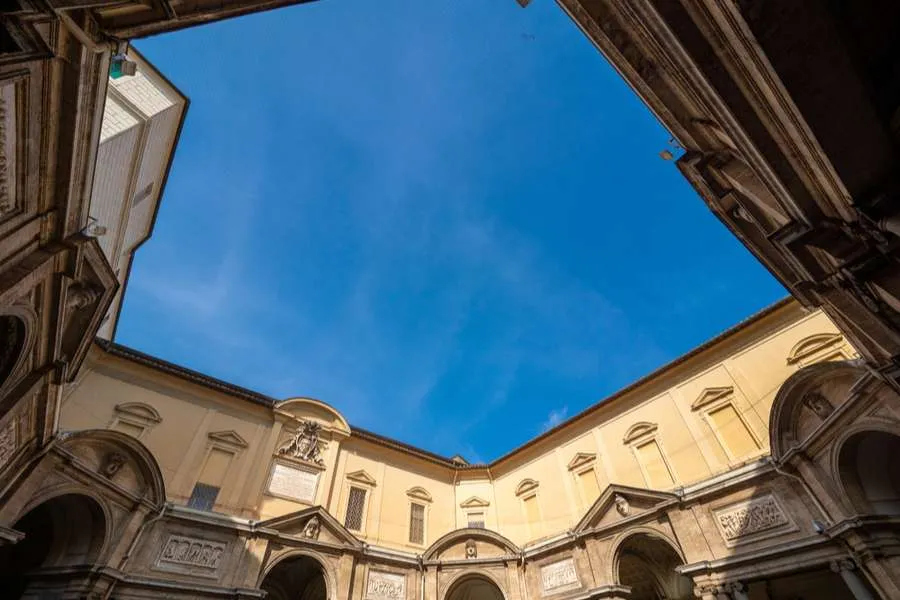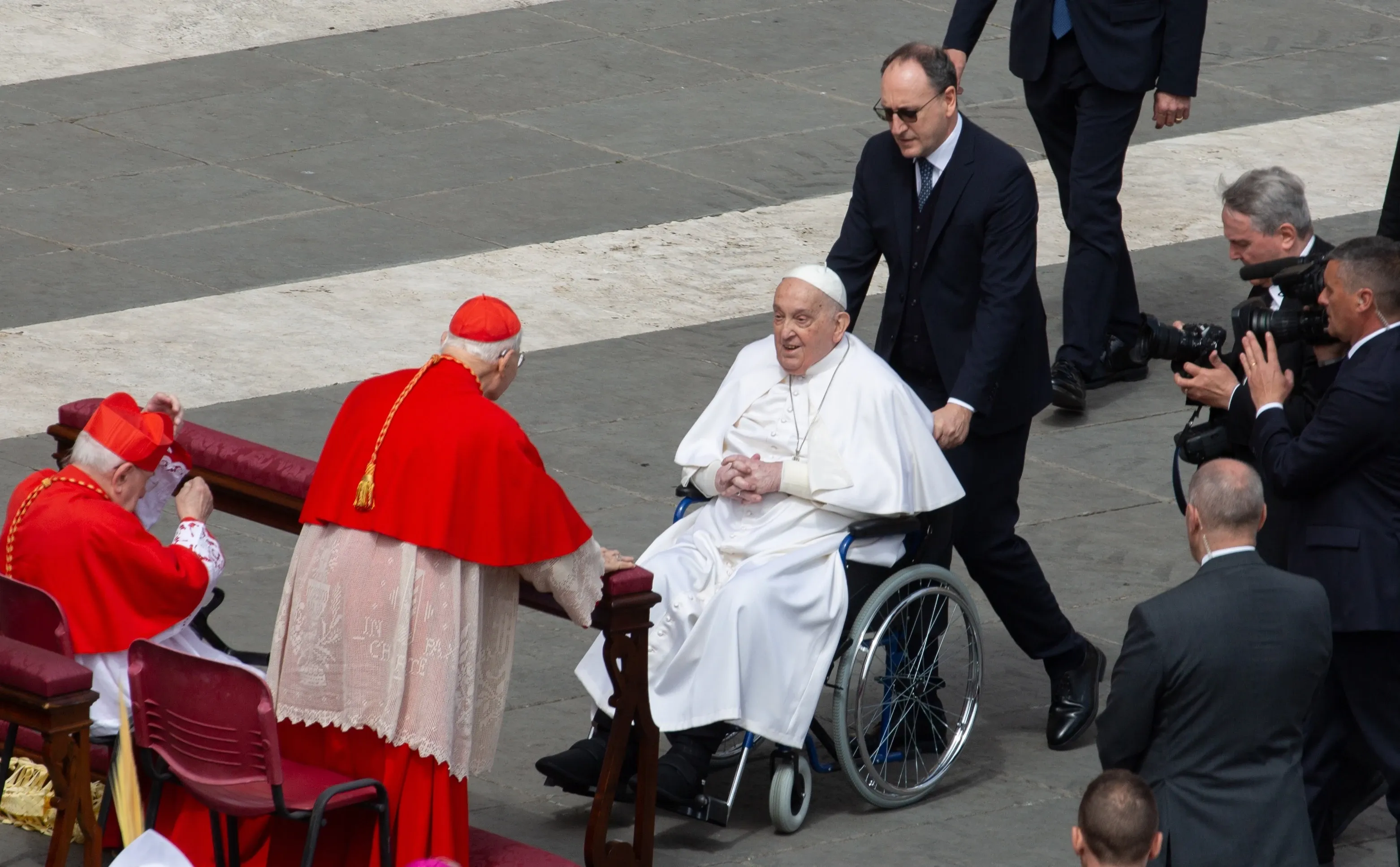Francis said the changes are aimed at adapting the Vatican courts to better enforce the law, and to ensure the city state’s compliance with international commitments.
“In the last decades, the Vatican legal system has undergone a season of regulatory reforms in economic, financial and criminal matters, also as a consequence of the adhesion to important international conventions,” the pope wrote, making the changes necessary to keep the wheels of justice turning in the Vatican.
“In continuity with this work of progressive legislative updating and institutional reorganization, I would now like to introduce some changes to the structure of the judiciary, aimed at increasing its efficiency,” he said.
The law provides for new measures to protect the independence of judges and prosecutors in the city state, making explicit that Vatican magistrates are, subject to the law, answerable to the pope directly and to no other office or authority.
Article 2 of the new law states that judges “are hierarchically dependent on the Supreme Pontiff” and “in the exercise of their functions, they are subject only to the law.”
The new norms also codify the ability of prosecutors to deploy the judicial police of the Vatican courts, and grants the law enforcement agency enhanced budgetary independence, explaining that they are not required to account for spending to any other body within the curia.
“The judicial authority has direct use of the judicial police, which it can also use for the notification activities,” the law says. “The judicial bodies enjoy autonomy of expenditure for their operation, on the basis and within the limits of the accounting provisions in force in the State. The relative charges are borne by the Governor's budget [of the Vatican City state].”
The judicial police, which are a separate section of the Vatican City Gendarmes, are under the direction of the Promoter of Justice, the courts’ chief prosecutor, who is to have two assistants, one of whom “carries out his duties on a full-time basis, without having subordinate employment relationships or carrying out freelance professional activities on an ongoing basis.
Judicial independence is further protected by article 8, which says that judges should be chosen from “tenured or retired university professors, and in any case from well-known jurists who have gained proven experience in judicial or forensic, civil, criminal or administrative matters.”
While recommendations for judicial appointments are still to be made by the Secretary of State, who has overall responsibility for the governance of Vatican City, the article prevents the appointment of curial civil servants to serve as judges, pointing out the necessary conflict of interest.







